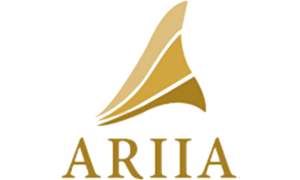Academics
-
Applied Electronics & Instrumentation Engineering
-
Artificial Intelligence and Data Science
-
Civil Engineering
-
Computer Science and Engineering and Business Systems
-
Computer Science and Engineering (Cyber Security)
-
Computer Science and Engineering
-
Computer Science & Design
-
Electronics & Communication Engineering
-
Electrical & Electronics Engineering
-
Mechanical Engineering



